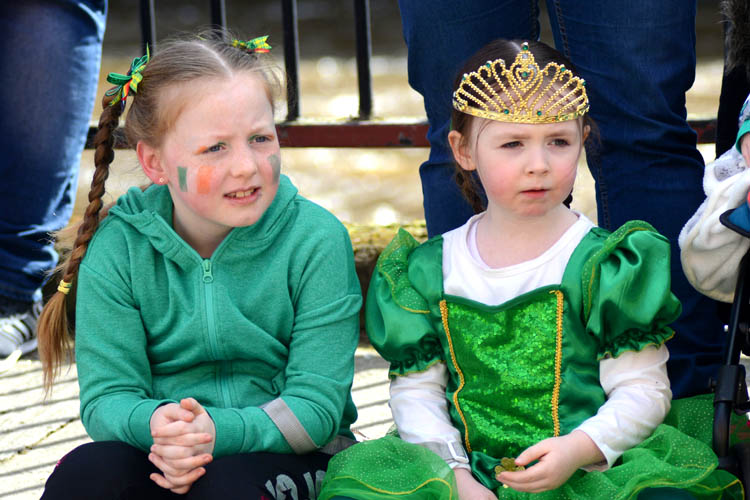Information meeting for Louth / North-East Institutional Abuse Survivors
Front Page
Damian O’Farrell pictured with Pope Francis in 2018.
Sage Advocacy is calling survivors of institutional abuse in Louth and the North-East region to come to a special drop-in information session in Dundalk on Friday afternoon, February 28th.
The session is to gather, discuss and inform on how survivors can be supported to find and access resources available to them, including State supports and advocacy services.
The information session will be convened by Sage Advocacy Project Manager Damian O’Farrell, who is himself an abuse survivor.
Damian was one of a group of eight survivors of clerical and institutional abuse invited to meet Pope Francis during the Papal visit to Ireland in 2018. He was struck when Pope Francis appeared not to have been briefed on the Magdalene Laundries.
Advertisement - continue reading below
Damian is a long-time advocate and campaigner for the rights of clerical child sexual abuse victims and achieved Ireland’s first known criminal conviction of a Christian Brother in March 1998.
He has worked to highlight the unjust litigation strategy of the Order and appeared recently on an award-winning RTE Prime Time Programme. He also participated in the recent government scoping inquiry on day school pupils who were sexually abused.
Damian, on behalf of Sage Advocacy extends a warm welcome to survivors of institutional abuse and their family members, as well as members of the public across the mid-west region interested to the drop-in information session in the Gateway Hotel, Dundalk, Co Louth on Friday 28th February from 12noon to 4.00pm.
“My advocacy work over the years has brought me into contact with survivors of institutional abuse, including those who were confined in industrial schools and other institutions.
“I thought that whatever happened to me as a child I could always go home to my mother, whilst Institutional abuse survivors had nowhere to turn for comfort, no warmth, no touch, no escape. The lack of basic humanity denied to so many is incomprehensible”, he said.
Damian has struggled with the word ‘historical’ believing there is nothing historical about the aftermath of institutional abuse, it is enduring and always present. “There are many challenges facing survivors, and in this regard, accessing information and necessary supports is vital”, he said.
Latest News
Recent News

Author with lifelong connections to Drogheda publishes his first book at 79

Drogheda Chamber members upbeat following Meeting with TDs and Senator

Planes, Trains and a Perfect Storm at Network Ireland Louth February event

Extinguishment of the Public Right-Of-Way at Omeath

Boyne AC make their mark at Rás Na hÉireann Cross Country 2025

Extinguishment of the Public Right-Of-Way Seaview Terrace, Dundalk

Comyn raises campaign for Drogheda City Status in the Senate

Minister ignores SOSAD’s appeals for emergency funding to avoid closure

Louth County Council - Temporary Road Closures

Saint Oliver 400 commemorative book launched in St Peter’s

Non-profit media team flying the flag for Drogheda in Europe



















